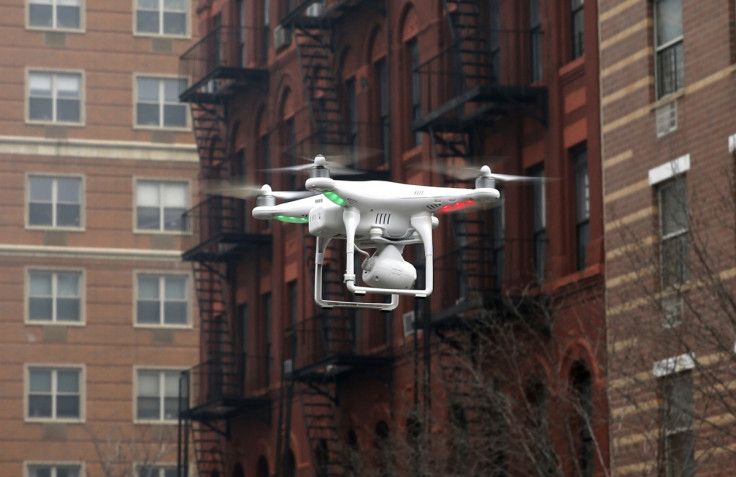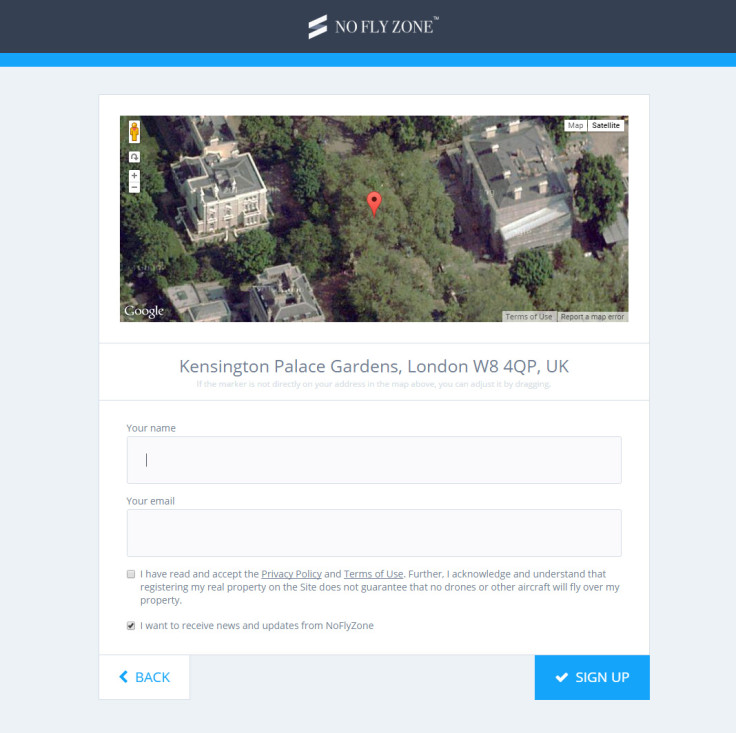NoFlyZone: Startup aims to stop helicopter drones flying over private property and restricted areas

Drone enthusiasts are increasingly afraid that new regulations will prevent UAVs from flying completely, but a new start-up called NoFlyZone has a possible solution: why not allow the drone industry to self-regulate and limit helicopter drones from flying where people don't want them to?
The issue has come to the fore due to a number of high-profile incidents in recent months. In October 2014, a man was arrested for shooting a helicopter drone out of the sky in New Jersey that had been attempting to fly over a residential house.
While the operator of the drone had the permission of the owner of the house to fly over it, and clearly this is a very extreme response to the situation, the question remains – should we be allowing enthusiasts or businesses to fly unmanned aerial vehicles (UAV) over private property?
Where and whether or not helicopter drones are allowed to be operated is now being debated by lawmakers all over the world, following a series of close run-ins between UAVs and the public at sporting events and near airports.
A poll of 2,000 people in the US, released by Reuters on 5 February, found that 42% of respondents were fine with the police and trained operators using the drones, but not hobbyists, and 72% of respondents favoured additional regulations on UAVs.
The people were interviewed about their opinions following an incident last month in which a drunk helicopter drone pilot crashed a DJI phantom on the lawn of the White House.
Geofencing rather than legislation

In response to the White House incident, drone manufacturer DJI updated its drone operating system to prevent all of its drones from flying within a 15.5 mile radius of Washington DC, but this decision has been seen by some to be too harsh.
NoFlyZone has set up an online database where anyone can register their address. The company then registers the geographic coordinates of the individual's address (known as "geofencing"), and every month an updated database of "banned" locations is sent out to the drone industry.
Helicopter drone manufacturers can then download the database and hard-code these privacy protections into their products, which then means that if a hobbyist drone operator sought to fly over one of the banned locations, the product would refuse to do so.
People need to become more used to helicopter drones
"In 10 years, we think drones are going to be something everyday people take for granted the way we take cell phones for granted today," NoFlyZone CEO Ben Marcus told Popular Science, explaining that people need to become comfortable with drones around, and not over-legislate.
"I think that privacy laws can only go so far. Privacy laws are technology agnostic, and I think they should stay that way."
So far, the developers of two drone operating systems – PixiePath and DroneDeploy – have signed up to work with NoFlyZone, but more drone developers need to get on board in order for the database to be a success.
"By in large I'm in favour of self-regulation," said Marcus. "To the extent that people can work things out between one another without laws, that's better."
© Copyright IBTimes 2025. All rights reserved.






















